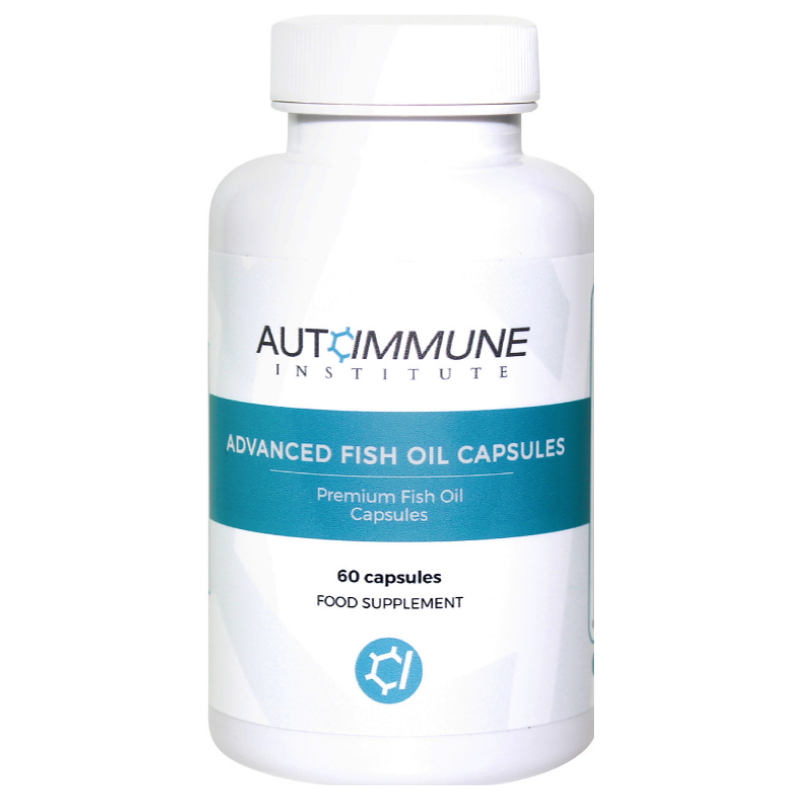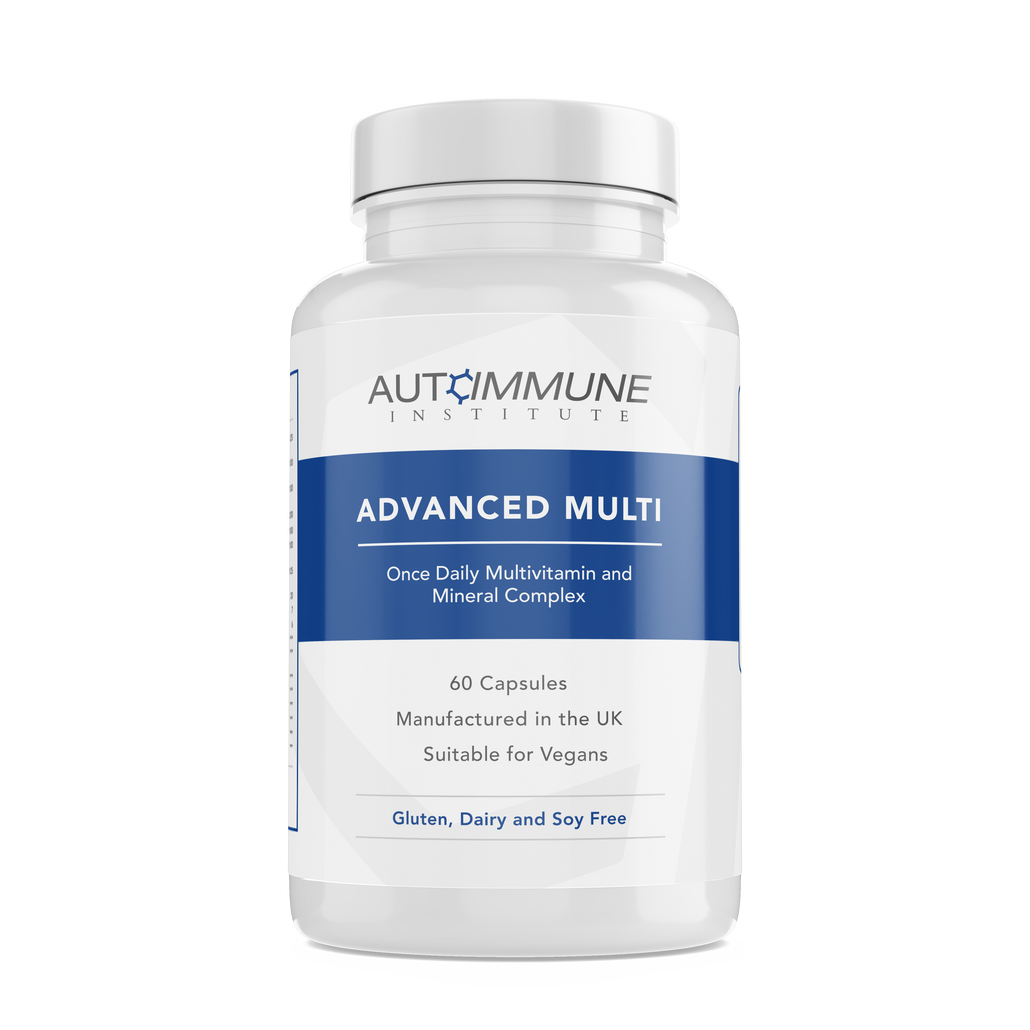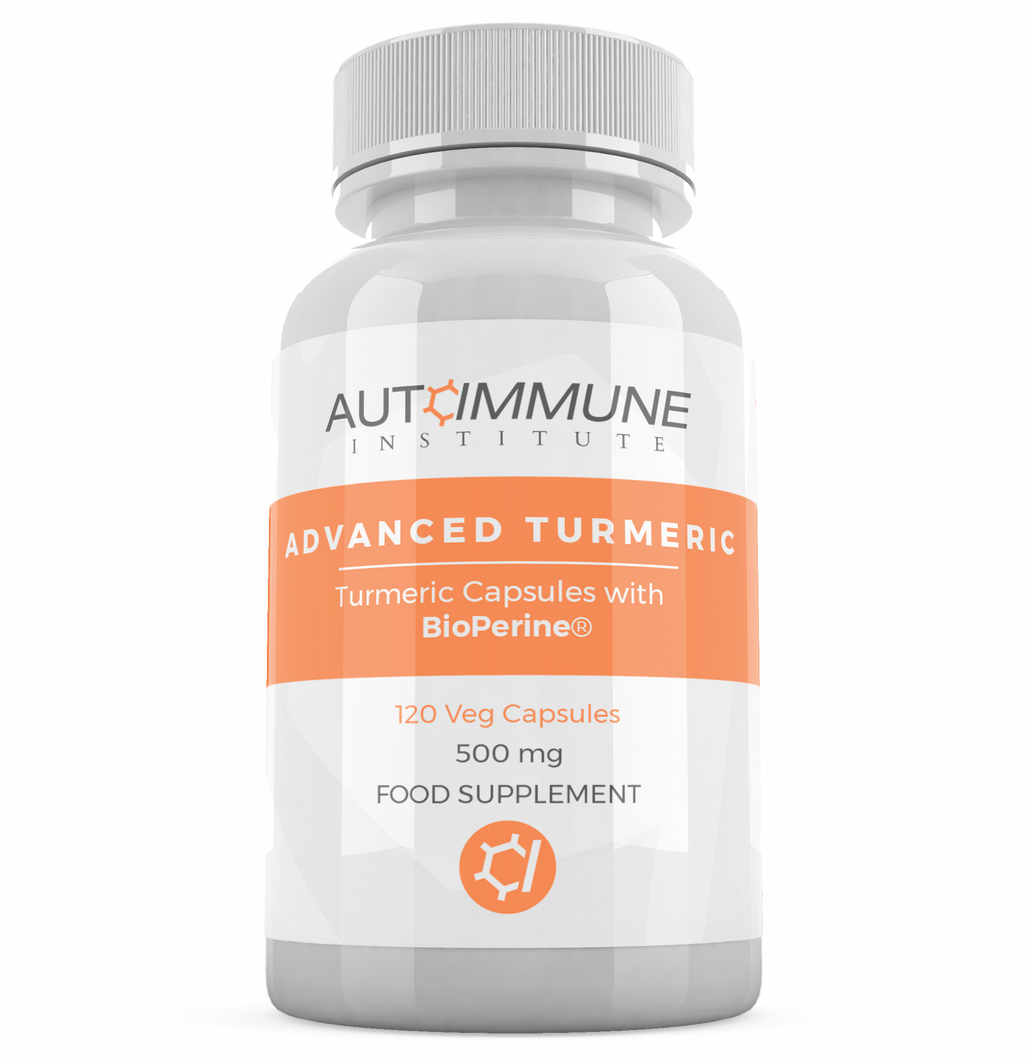- Health Solutions
- All Products
- Ultra Maca *NEW*
- Advanced Collagen V2
- Advanced D3 + K2
- Advanced Deep Sleep
- Advanced Digestives
- Advanced Fish Oil (Capsules)
- Advanced Glucosamine / Chondroitin Complex
- Advanced Lotus Spike Acupressure Mat
- Advanced Magnesium
- Advanced Multi
- Advanced Turmeric
- Advanced Vitality
- Prime FemFlow
- Pure BeeComplex
- Pure Bowel Relief
- Pure Flora V2
- Pure MetaBoost
- Pure Rest + Reset
- Ultra ProSupport
- Gift Cards
- Support
- Sign in
Should You Be Avoiding Dairy?
Donna (my wife) and I love to go out for a nice meal every now and then.
What’s especially nice nowadays is when the waiter asks Donna if she had any intolerances the kitchen need to be aware of and she is able to say “No”.
For a long time, when she was suffering with her Ulcerative Colitis, eating a meal out could cause her a world of problems, because she was sensitive to so many foods.
But now, because she’s in a much better place health wise, she can eat most things (in moderation) without them being a problem for her.
One fairly common food sensitivity is dairy. Dairy can be a problem for people, generally because they are either lactose intolerant, or have problems with the casein protein.
You’ll likely notice that the options for dairy free milk are ever increasing in the supermarkets these days.
Dairy was a problem for Donna at one point but doesn’t seem to be any more.
It can get a little confusing working out if it’s an issue for you because different types of dairy can affect you differently.
For example, some people do ok with butter or cheese but not with milk.
Some are ok with goats’ dairy but not cows’ dairy.
Things can also be very much dose dependent…
For example, lactose intolerance, is caused primarily by reduced amounts (or activity) of the enzyme Lactase (which is needed to breakdown Lactose).
But even if someone is lactose intolerant it often doesn’t mean that ALL dairy needs to be avoided.
A recent study on this said that:
"almost all lactose intolerants tolerate 12 g of lactose in one intake and approximately 18 g of lactose spread over the day. “
This isn’t a huge amount but it does mean that someone who is “lactose intolerant” can often consume some dairy and understanding the right dosage for them will be worthwhile.
The amounts mentioned in the study would likely allow almost everyone to consume some goats cheese or some Greek yoghurt, for example, without any issues.
What about calcium?
If someone did find they needed to minimise dairy there is often a worry about if they are getting enough calcium in their diet.
Many people would have us fear that without dairy our bones would simply crumble away! In reality, that’s not true.
Firstly, dairy isn’t the only source of calcium. Things such as broccoli, spinach, kale, sardines, and almonds can all be reasonable sources.
What’s more, you need Vitamin D to effectively absorb calcium – something that many people are deficient in if they aren’t getting plenty of sun and which, in reality, is likely much more important to your bone health (and overall health). It’s one reason that we included it in our Advanced Multi.
Find out more here https://autoimmuneinstitute.com/pages/advanced-multi
Hope that helps!
Follow
* Results Not Typical. All discussion about results on this website are based on individual findings where each circumstance is completely unique and may not be similar or the same as you. These products are not intended to diagnose, treat, cure or prevent any disease. The information on this Web site or in emails is designed for educational purposes only. It is not intended to be a substitute for informed medical advice or care. You should not use this information to diagnose or treat any health problems or illnesses without consulting your doctor.- Products
- Search
- Contact
- Privacy Policy
- Website Terms
- Wholesale
- Ambassador Programme
- Login
- Shipping & Return Policy
© 2025 Autoimmune Institute.
71-75 Shelton Street Covent Garden, London WC2H 9JQ United Kingdom. Wellness Autoimmune Ltd. All rights reserved.






